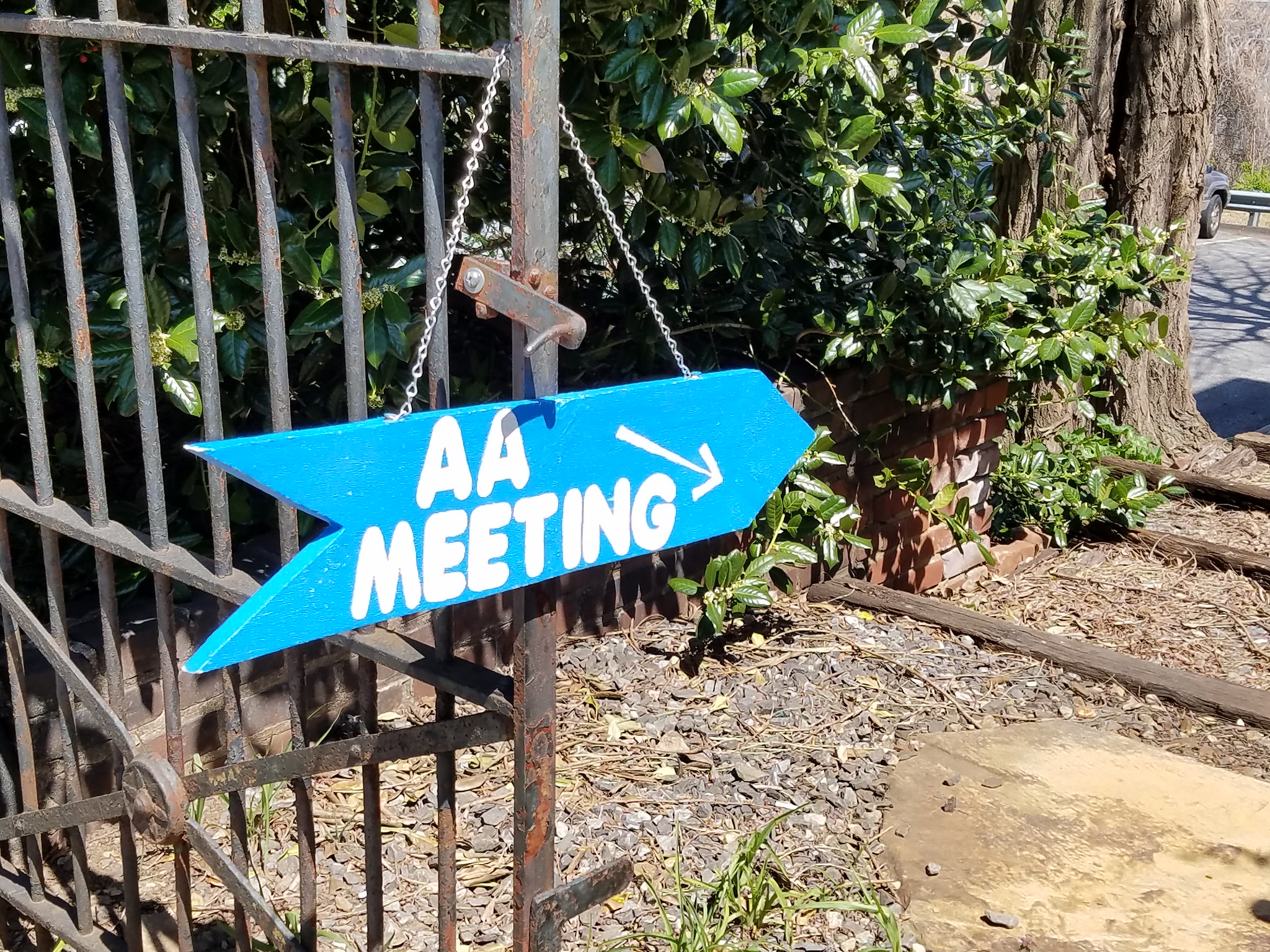I recently attended an Alcoholics Anonymous (AA) meeting. It was a Monday evening — cold, dark. I was on my psychiatry rotation and such attendance was mandatory as part of the rotation, an effort to better understand the hardships surrounding substance use disorder. Having only seen the meetings on television, I was curious.
In a room hidden behind a rehabilitation center, 40 individuals sat assembled into a circle. I tried to sit on the outside as I was there mainly to observe and learn. The topic of discussion for the day was “rock bottom,” and each participant took turns introducing themselves and describing their experiences. There were speakers of all kinds — some loud and unhinged, others timid and vulnerable. Some exuded positivity; others dwelled on the volatility of their addiction. And finally, almost all described some connection to their loved ones.
They vividly described the lies they had told (stealing wallets and later helping to find them was the most common) and the celebrations they had repeatedly missed with their children or significant others. And then came regret — remorse over who they had been a year, a decade or just even a day ago. It seemed like a vicious cycle of feeling better and succumbing to a trigger the week after. They wanted to be a better daughter, parent, grandparent.
Hearing their stories, I wished for their recovery.
A few days later, I was working with an adolescent patient in the inpatient psychiatry unit. This individual had been admitted to the unit for wanting to kill himself — a teen with feelings so intrusive that he even attempted. The patient described a long history of physical and emotional abuse by his mother’s boyfriends. He recounted tales of constant belittling, slaps and punches that he had suffered at the hands of “alcoholic” boyfriends.
Hearing my patient’s story, I was angry. I despised these boyfriends, and my mind couldn’t separate that they had been called “alcoholic.” That label helped me identify a reason for their behavior. And I was livid at their actions, a sharp contrast from the empathy I had felt while at the AA meeting.
It was easier to see my patient’s story, to blame the “addicts.” But even though this label helped me understand my patient’s trauma, to see all my patients with substance use through this lens would be a mistake. The predominant narrative around addiction can make it difficult for us to see beyond an individual’s “rock bottom” moments, and, unfortunately, as healthcare professionals, this can sometimes translate into the care we give.
Perhaps it’s because the failures are readily apparent and progress is sometimes too slow to be noticed. But seeing the teary-eyed parent wanting to be better for their child at the AA meeting was a reminder of just how much work is done “behind the scenes.”
Our patients deserve to have their battles acknowledged. That means believing your patients when they implore, “I am trying” and appreciating that we may encounter people at different phases of recovery. It means trusting the motivational interview session you are about to begin. And finally, it means referring patients to community resources like AA with conviction — as opposed to a formality when discharging a patient from the hospital.
Image credit: AA Meeting sign – Lynchburg (CC BY-NC-ND 2.0) by Retronaut

